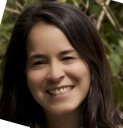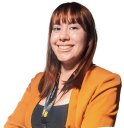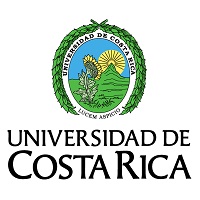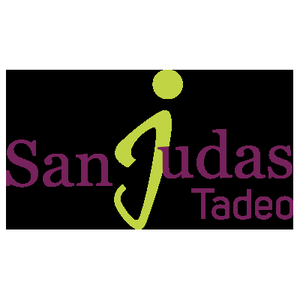The Citation Rankings (Highly Cited Researchers) list highlight the most cited and influential researchers across a vast range of scientific fields, covering 197 main and sub-disciplines, including the Art and Humanities Citation Rankings and Social Sciences and Humanities Citation Rankings. This service, offered exclusively by AD Scientific Index, aims to provide a balanced perspective by excluding data from CERN and other statistical sources that disproportionately favor certain researchers, particularly in the social sciences and humanities. This unique approach addresses the advantages researchers with multi-author publications and CERN involvement hold over others. Furthermore, citation rankings help uncover rule violations and unethical practices within the research community. For more detailed citation analyses, explore the Scientists Last 6 Years Citation Index, Universities Total Citations Rankings 2025, and Universities Last 6 Years Citations Rankings 2025.





